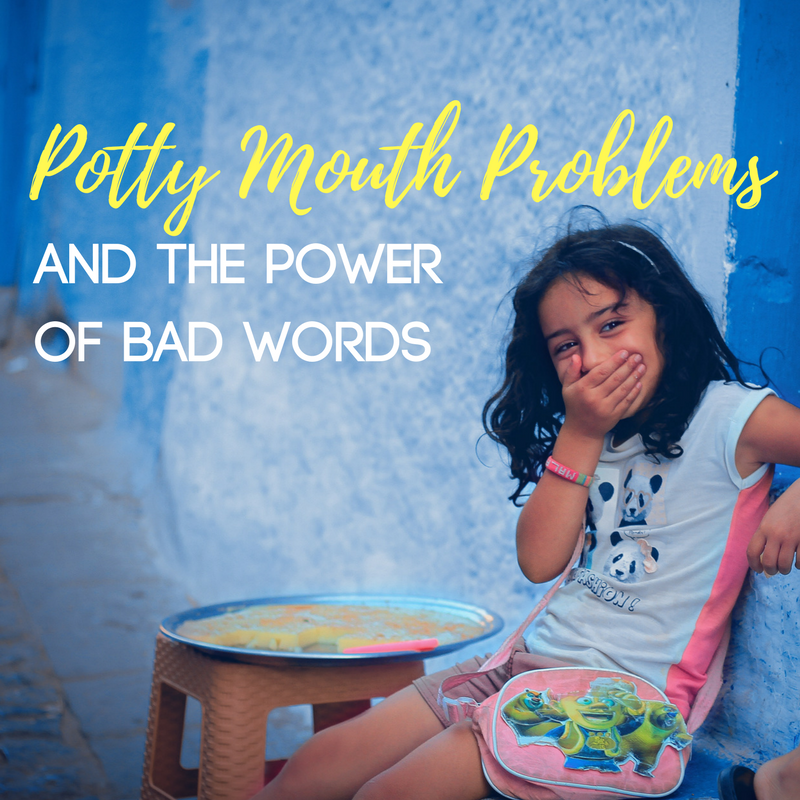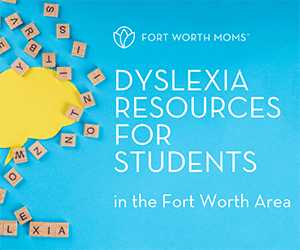
Confession: I like bad words. I like them a lot. I specifically like one bad word in particular. In fact, I’ve always said that if my kid blurts out a naughty word in the classroom, it’s probably my husband’s fault . . . unless, that word starts with an F. That one would be all me.
I’ve never been one to believe that nonsense about curse words being a sign of a poor vocabulary. Pish posh! I’m a writer and a reader, and my vocabulary is just fine. Instead, I value the power of these words.
I don’t actually believe that words are bad.
Words are powerful and important. They can build you up and rip you open. Words have the power to cement relationships, to build trust, to build bridges, to empower, to persuade, to manipulate. Words can make you feel heard, valued, and important. Words can decimate and violate, and they can fight back.
Bad words aren’t bad. They are passionate and evocative. Their specific connotations are irreplaceable.
All that was fine and dandy until the day that my eight year old dropped a box of dominoes and yelled out, “Dammit!” at his great grandmother’s house.
And my husband laughed. Of course. I did not laugh. Not right away.
“What did you just say?!”
“I’m really sorry, Mom. I mean dang it! Dang it!”
“Mom, why are you making that face? What does that face mean?”
“This is my surprised face.”
“That face doesn’t look like a surprised face.”
Mmhmm. I’m sure it didn’t.
I don’t want my son to be afraid of words. Instead, I want him to know that words are a way of conveying his intentions. I want him to value the power of words, and I want him to choose his words based on his audience and his purpose.
So, I took a moment to consider my words.
And, this is what I said:
Words are like tools. They serve a purpose. When you were very little, you weren’t allowed to use scissors, but now you are older. You’re more coordinated and responsible, and you can use them with care. You are learning to use a hammer, but not yet a drill. You can ride a scooter, but not yet a car. When you are ready, you will be given more tools to use, but not until you are physically and emotionally mature enough to wield them.
Some words, like these tools, will come in handy later when you have big feelings to express. But, for now, while you are learning and growing, we are going to wait.
You won’t want use these words around your elders, your teachers, or your bosses. You won’t use these words at school or at work. These are people and places that deserve your respect — and one way to show that respect is by using gentle language. You might, when you are older, choose to use these words around your friends and your family — but not at them. You wouldn’t want to hurt them.
I hope that my son will learn to use these words — and all words — not as a weapon, but as a power tool — with thoughtful respect and care.













